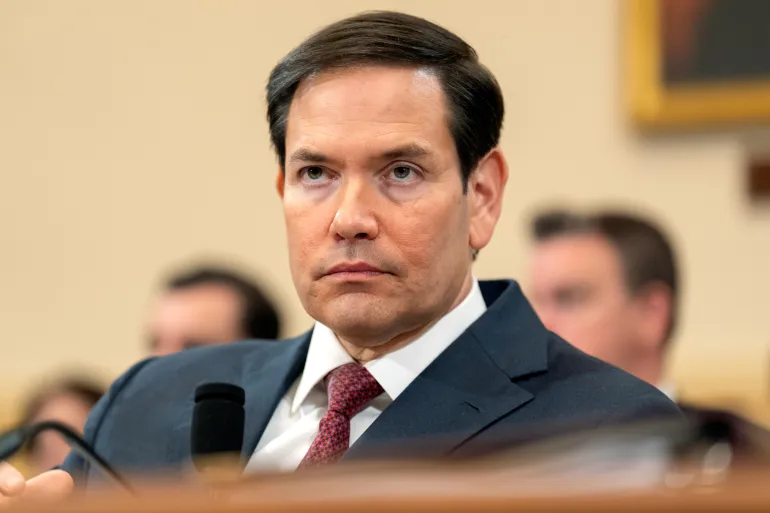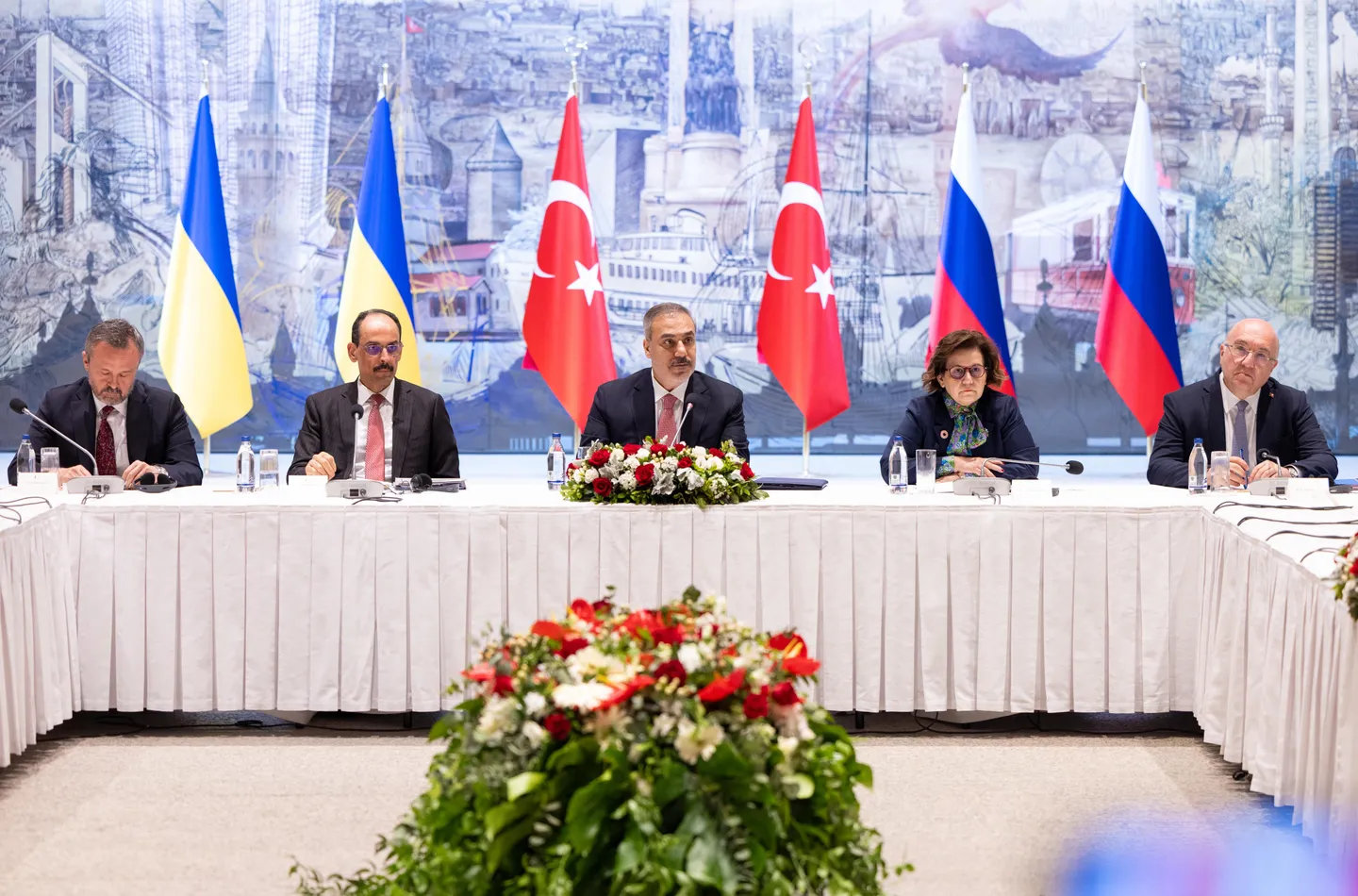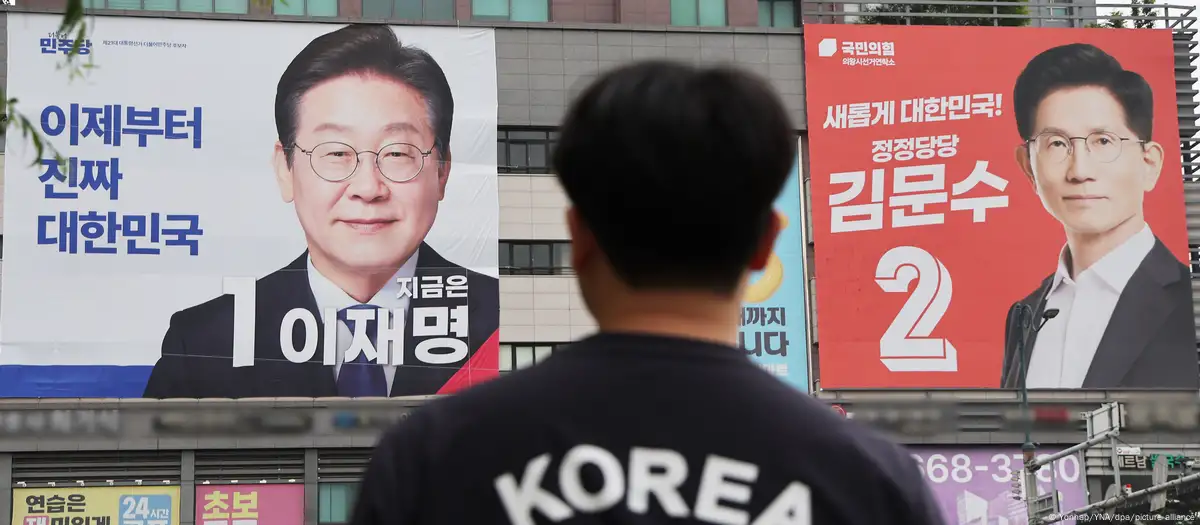U.S. Senator Marco Rubio has announced that the United States will begin revoking the visas of Chinese students studying in the country, as part of a growing crackdown over alleged espionage and national security threats.
Rubio, a senior Republican and influential voice on U.S.-China policy, stated in a press conference on Tuesday that the move is aimed at countering what he described as systematic efforts by the Chinese government to exploit educational exchanges for intelligence gathering. The visa revocations, according to Rubio, will primarily target graduate students and researchers in fields related to science, technology, engineering, and mathematics (STEM).
“This is about protecting our national security,” Rubio said. “For too long, the Chinese Communist Party has used student visas as a tool to access sensitive information and technology in American universities.”
The decision comes amid escalating tensions between Washington and Beijing over issues ranging from trade and Taiwan to cybersecurity and human rights. U.S. officials claim that certain Chinese students have acted on behalf of the Chinese government to gather data and conduct surveillance, particularly in research-heavy institutions.
Rubio said the visa cancellations would begin immediately, and that additional restrictions are being prepared to prevent future abuse of the student visa system. He indicated that the Department of Homeland Security and State Department are working together to identify individuals suspected of posing a security risk.
The Chinese government has not yet formally responded to the announcement, but previous similar actions have been met with strong condemnation. Beijing has repeatedly denied any wrongdoing and accused the U.S. of discriminatory policies and Cold War-era paranoia.
Education advocates and university administrators have expressed concern over the impact of the policy on academic freedom and international collaboration. The American Council on Education said in a statement that while national security is a legitimate concern, broad visa bans risk undermining the benefits of educational exchange and the U.S.’s reputation as a global leader in higher education.
Rubio dismissed these criticisms, arguing that national security must take precedence. “We welcome international students who come to learn and contribute positively,” he said, “but we will not allow our openness to be used against us.”
In recent years, the U.S. has already implemented tighter screening procedures for Chinese students and researchers, particularly those affiliated with state-run institutions or military-linked programs. This new measure marks a further escalation in the Biden-Trump administration’s bipartisan stance toward China, with both parties supporting greater scrutiny.
According to official figures, there were more than 290,000 Chinese students in the U.S. in 2024, making them the largest group of international students. The policy could affect thousands of individuals and significantly strain U.S.-China educational ties.
As of now, no specific number of visa revocations has been released. Rubio said further details would be disclosed in coordination with federal agencies over the coming weeks.
Source; Al Jazeera



